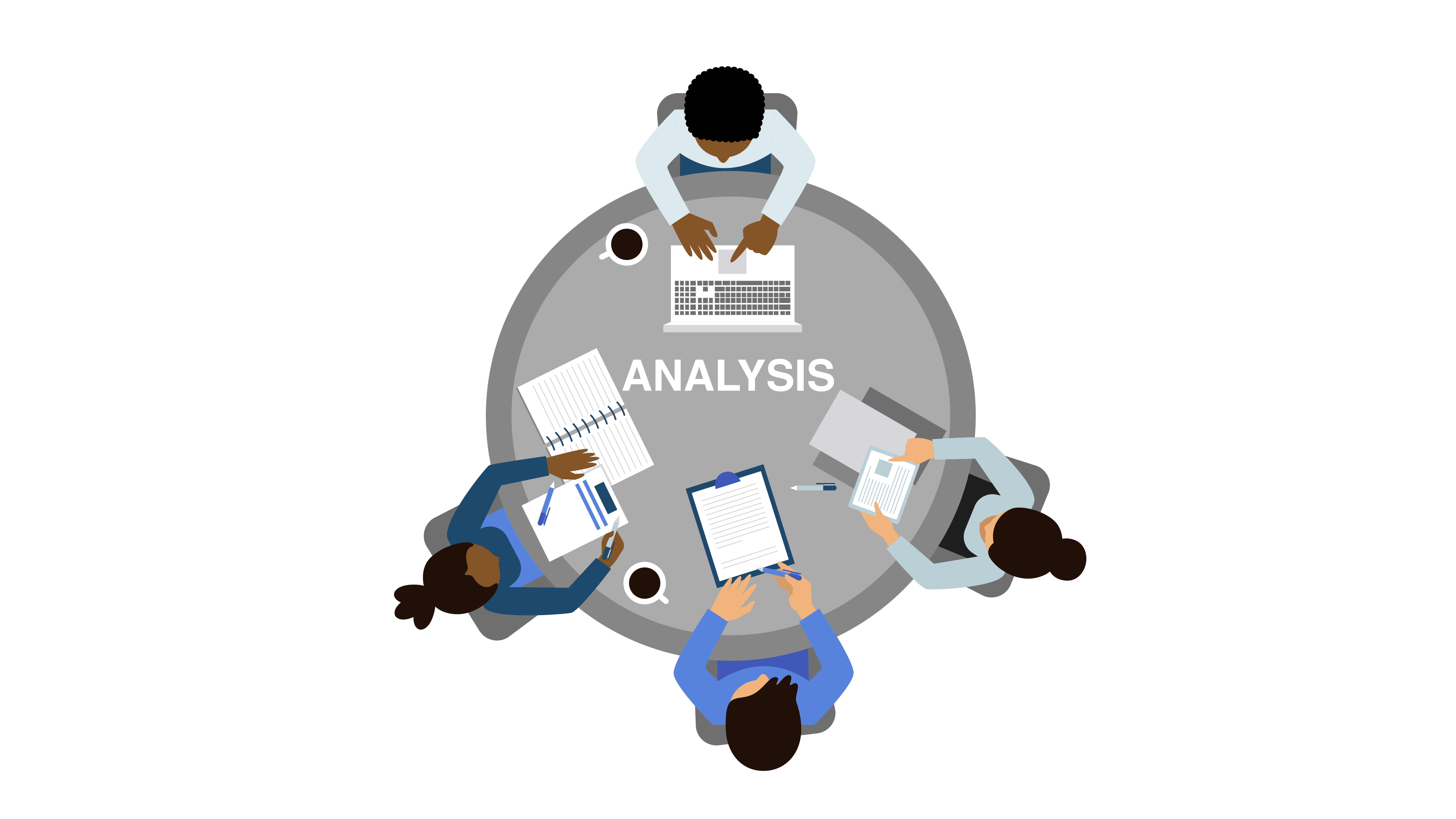All Categories
Featured
Modern companies require an centralized location to store Customer Data Platforms (CDPs). It is a critical tool. They provide an enhanced and more comprehensive view of customers they can use to target marketing and personalize customers' experiences. CDPs also offer a range of features such as data governance, data quality and formatting, data segmentation, and data compliance, to ensure that the information about the customer is recorded, stored, and utilized in a secure and organized manner. With the ability to pull data from various APIs and other APIs, CDPs can also pull data from other APIs. CDP will also allow organizations to make the customer the forefront of their marketing strategies and to improve their processes and connect with their customers. This article will explore the benefits of CDPs to businesses.
customer data platforms
Understanding CDPs: A client data platform (CDP) is a piece of software that allows companies to collect information, manage, and store the customer's information in one central area. This provides a more exact and complete view of the customer. This can be used for targeted marketing and personalized customer experiences.
-
Data Governance Data Governance: One of the primary features of a CDP is its capacity to classify, protect and manage information that is being integrated. This involves profiling, division and cleaning of data that is incoming. This helps ensure that the company is in compliance with the regulations on data and guidelines.
-
Data Quality: A key element of CDPs is to ensure that the data that is obtained is of the highest quality. This means ensuring that the data is accurately recorded and is of the highest standards of quality. This eliminates the need for storage, transformation, and cleaning.
-
Data formatting The CDP can also be used to ensure data follows a defined format. This makes sure that different types of data like dates match with the information collected from customers and that the data is entered in a clear and consistent manner. what is a customer data platform
-
Data Segmentation Data Segmentation: A CDP also permits the segmentation of customer information so that you can better understand various groups of customers. This lets you test different groups against one another and get the right sample distribution.
-
Compliance CDP: The CDP lets organizations handle customer information in accordance with the law. It lets you define security policies and classify data according to them. You can even detect any violations of the policy when making marketing decisions.
-
Platform Selection: There are many types of CDPs It is therefore important to comprehend your requirements so that you can select the most appropriate platform. This includes considering features like privacy of data and the capability to pull data from various APIs. what is a cdp
-
Put the customer at the Heart of Everything Making the Customer the Main Focus CDP allows for the integration of real-time and raw customer data, providing immediate access, accuracy and unison that every marketing department needs to streamline their operations and connect with their customers.
-
Chat, billing and more Chat, Billing and more CDP allows you to find the context for great conversations, no matter if you're looking for billing or previous chats.
-
CMOs and big-data: Sixty-one percent of CMOs think they're not using enough big data according to the CMO Council. The 360-degree customer view provided by a CDP is an excellent solution to this issue and improve customer service and marketing.
With a lot of various types of marketing innovation out there every one usually with its own three-letter acronym you may wonder where CDPs originate from. Even though CDPs are among today's most popular marketing tools, they're not a totally new idea. Instead, they're the current action in the development of how online marketers manage customer data and client relationships (What is Customer Data Platform).

For a lot of online marketers, the single most significant worth of a CDP is its ability to sector audiences. With the capabilities of a CDP, marketers can see how a single customer connects with their company's different brands, and recognize opportunities for increased personalization and cross-selling. Of course, there's much more to a CDP than division.
Beyond audience segmentation, there are 3 huge reasons why your business might want a CDP: suppression, customization, and insights. Among the most intriguing things marketers can do with data is recognize clients to not target. This is called suppression, and it becomes part of delivering really customized client journeys (What is Customer Data Platform). When a client's merged profile in your CDP includes their marketing and purchase data, you can suppress ads to clients who've already bought.

With a view of every client's marketing interactions linked to ecommerce information, website gos to, and more, everyone across marketing, sales, service, and all your other groups has the chance to understand more about each customer and provide more personalized, appropriate engagement. CDPs can assist online marketers attend to the origin of a number of their biggest daily marketing problems (Cdp Define).
When your data is detached, it's more tough to understand your clients and create meaningful connections with them. As the number of information sources utilized by marketers continues to increase, it's more vital than ever to have a CDP as a single source of reality to bring everything together.
An engagement CDP uses client data to power real-time customization and engagement for consumers on digital platforms, such as sites and mobile apps. Insights CDPs and engagement CDPs comprise the bulk of the CDP market today. Very few CDPs include both of these functions similarly. To choose a CDP, your business's stakeholders must think about whether an insights CDP or an engagement CDP would be best for your needs, and research the few CDP alternatives that include both. Marketing Cdp.
Redpoint GlobalLatest Posts
How CDPs Help Organizations Stay Compliant with Data Regulations and Policies
The Importance of Data Governance in a CDP
The Importance of Data Quality in Achieving Marketing Goals